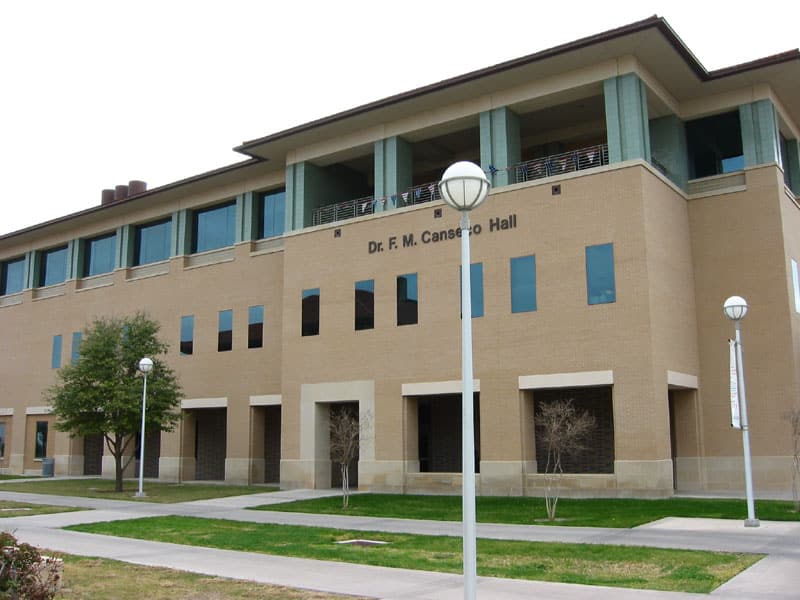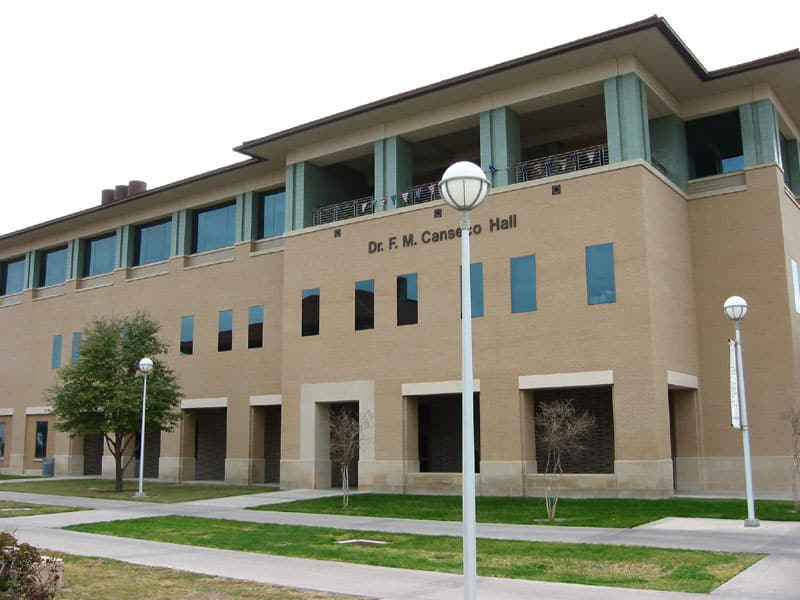
Free college would come with a cost
Victoria Pijdak, Vision Magazine Writer
“Gimme, Gimme, Gimme,” echoes the halls and shakes the foundation of numerous college campuses throughout the United States. The debate regarding free college education has been tossed around in politics for years, but recently, fuel has been added to the fire by presidential candidates who seem to feed an entitled generation’s desire to take the easy road in life.
The real question people must ask is, “What does ‘free’ actually entail?” Let’s face it, nothing in life is truly free; funds must come from somewhere or someone. There is truly no system that offers free college. A realistic question is “Who should pay for collegiate students?”
Advocates for free education claim that wealthy, upper crust citizens and trade organizations, such as Wall Street, should distribute their vast and earned wealth to the masses. But what happens when those fortunes are depleted? The next valuable source of revenue is tax payer’s dollars, reversely, causing people to pay for their own “free” college.
“The reason I say it is a flawed system,” said Mark Roeder, a professor of political science at North Greenville University, “Money doesnít grow on trees, there’s no such thing as free. Somebody is footing the cost…. It sounds nice… But colleges are not just going to decide to offer students an education for nothing.”
The question must also be raised, “Where will free college apply?” Will free college apply to public, private or both institutions? If the system only applies to public colleges and universities, small, private colleges could potentially be put out of business. Unfortunately, most people, according to Roeder, might choose free education over the luxury of a small campus environment.
So, private schools are left with a dilemma: shut down or receive funding from the government. For Christian colleges, the separation of church and state is a concern. If the government is funding a school, it is also granted access to control the curriculum that is taught.
“Free education could potentially disrupt the entire academic climate of the United States in a very negative direction,” said Roeder. “Then everybody basically gets taught from the same perspective and there isn’t really any diversity in education,” said Roeder.
Technically, there are means for students to receive free or reduced collegiate educations through scholastic scholarships. Traditionally, collegiate education has been upheld as an opportunity for exceptional, hardworking individuals to accelerate their future prospects. However, if education becomes accessible for all post high school graduates, how will colleges and universities determine who is and is not deserving of an advanced education? Similarly, how will education systems factor the level of difficulty in their courses, and aptitude they expect of from their students?
Over the years, Samuel Maycock’s, a junior biology major, family has taught ballroom dance classes for beginners. He said that his parents would charge a nominal fee of $5 before classes began. Maycock correlated this example to free education, “They do it to get a certain level of commitment. If you have, say, free dance lessons, you’re going to have a lot more people goofing off, just because they haven’t invested anything in it. I feel like itís the same thing with free college. You have people who are just going to college for the experience and it would be a giant waste of money.”
“What would happen is, either, you would have a much higher dropout rate because there would be kids going to college, who donít need to be in college, because they are not smart enough to handle the work load, or you have to decrease the level of difficulty of college and doing that you are devaluing what college really is,” said Maycock.
For students who want an easy pass through college, the idea of free education sounds wonderful, but free education can have a degrading effect on societal morale and motivation.
Countries such as Sweden, Germany and the United Kingdom provide free, public higher education for their citizens. However, in recent years, these countries have seen a decrease in the pursuit of degrees like medicence because of the lack of motivation from students to want to improve society. If nobody is working, how is society being regenerated again?
“The socialist ideals sound great… The problem is ‘How does it work?’ Do you think this stuff magically appears?… That’s the problem. Socialism creates a disincentive for work, and instead of society getting better, it just gets worse,” said Roeder.
Despite concrete evidence that free education is a gateway for socialism in America, 62 percent of Americans advocate free higher education, according to the washingtonexaminer.com.
Is this mindset the by-product of an increasingly entitled generation, who believes the government should provide for them from cradle to the grave? While free education, does not have immediate effects, it can have increasingly negative effects over time. Free education comes with a high cost that will have people paying for generations.
Editor’s Note: The Vision magazine, our sister publication, is on stands now. Also look for us in the caf’ during lunch time to get your FREE copy. We are publishing shortened versions of some of the best Vision magazine articles, so be sure to check out the full-length stories of these are other items of interest to students at NGU.
†

